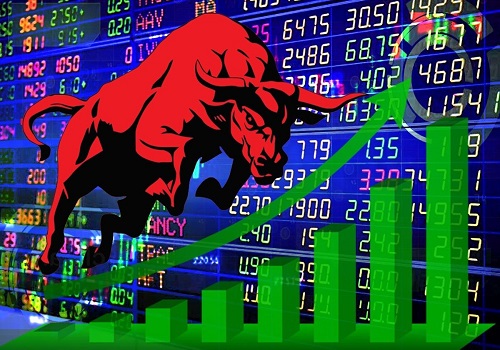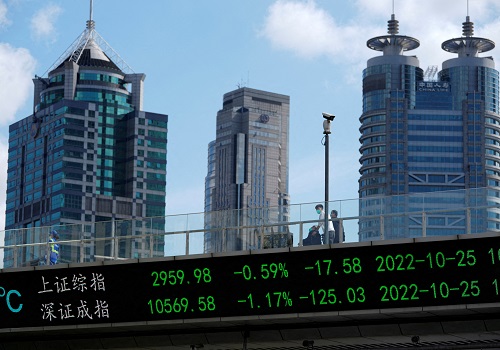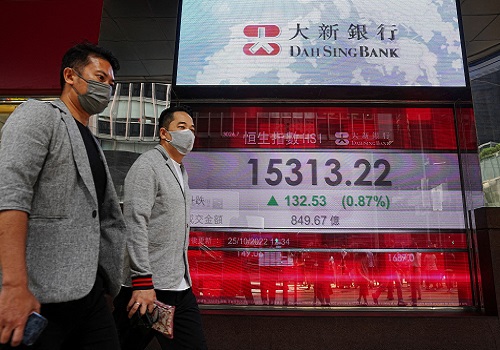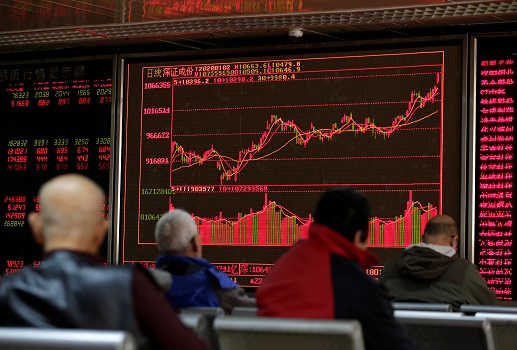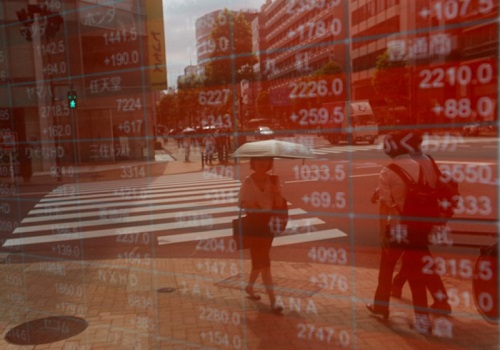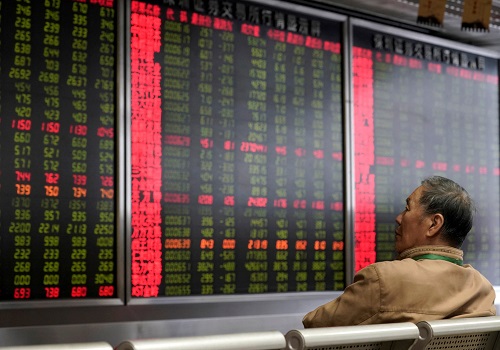Stocks slide, US yields climb amid hawkish Fed, China tensions
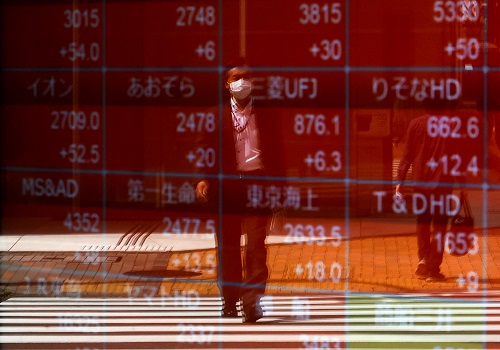
Asia-Pacific stock markets fell on Thursday, extending a decline in global equities, after the U.S. Federal Reserve confirmed its hawkish stance, while an escalating trade battle between China and the United States also dampened sentiment.
U.S. 10-year Treasury yields climbed to a fresh four-month high in Tokyo trading, and the dollar extended its rise against major peers.
Japan's Nikkei share average slumped more than 1%, continuing its retreat from 33-year highs.
Hong Kong's Hang Seng fell 0.9%, while mainland blue chips edged 0.2% lower.
Australia's stock benchmark slid 1% and Taiwan shares retreated 0.7%.
MSCI's broadest index of Asia-Pacific shares dropped 0.7%, after a 0.4% slide for the world index on Wednesday.
U.S. E-mini stock futures pointed to a 0.1% lower restart for the S&P 500, following its overnight 0.2% decline.
While almost all Fed officials agreed to hold interest rates steady last month, minutes of the meeting released on Wednesday showed the vast majority expected policy would eventually need to tighten further.
Money market traders place 85% odds on a quarter point hike on July 26, and about a 50/50 chance of another by November.
Meanwhile, U.S. Treasury Secretary Janet Yellen begins a trip to China just as Beijing restricted exports on metals used in semiconductors, adding that the controls were "just a start."
"Sentiment has soured for equity bulls as Sino-U.S. relations take another step backwards and investors adjusted to the fact that the Fed remains more hawkish than hoped," said Matt Simpson, a market analyst at City Index.
"The Fed's decision to pause was not actually unanimous and most members are up for further hikes, so this could cap upside over the near-term," although the scope of equity declines so far suggests it could be "more of a bump in the road as opposed to blood on the streets," he added.
Ten-year Treasury yields climbed as high as 3.957% in Tokyo trading, after surging some 9 basis points overnight.
The U.S. dollar index - which measures the currency against six peers, including the euro and yen - extended Wednesday's 0.23% to be up as much as 0.09% to 103.42 in Asian trading.
Against the yen, though, the dollar's advances were conspicuously subdued, considering the currency pair's traditional close relationship with long-term U.S. yields.
The dollar slipped 0.22% to 144.335 yen on Thursday, undoing all of the previous day's 0.13% advance.
Japanese officials have sounded almost daily warnings over yen weakness as it approached the 145 level that triggered intervention last autumn. The dollar briefly touched 145.07 yen on Friday.
"The yen is kind of stuck because the Japanese government has raised the alarm level against the currency," said Naka Matsuzawa, chief strategist at Nomura Securities in Tokyo.
"Verbal intevention only works for a couple of weeks" without actual currency intervention, "and it's only a matter of time before the yen is going to reach that 145 level" amid rising U.S. yields and the Bank of Japan's continued dovish stance, he said.
"The market has no doubts now about the Fed's policy stance, which is about as hawkish as it can get," Matsuzawa added. "They are ready to hike multiple times, and the bar is quite low."
Meanwhile, crude oil was little changed in Asian trading, as the prospect of tighter supply with output cuts from Saudi Arabia and Russia and a bigger-than-expected drop in U.S. crude stocks were offset by worries over a sluggish demand recovery in China.
Brent crude futures were down 2 cents to $76.63 a barrel after settling up 0.5% the previous day.
U.S. West Texas Intermediate crude was at $71.90 a barrel, up 11 cents, or 0.2%, after closing 2.9% higher in post-July 4 holiday trade on Wednesday to catch up with Brent's gains earlier in the week.
















